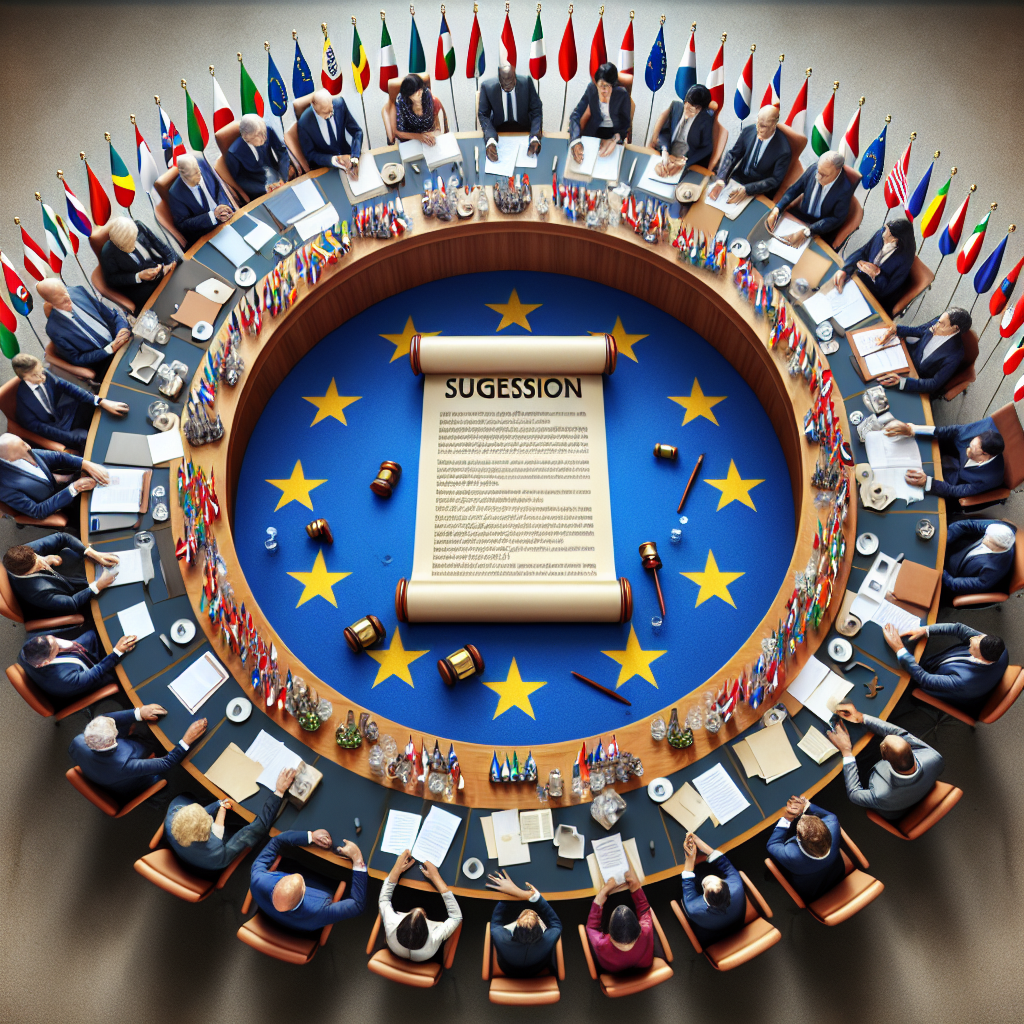EU Explores New Sanctions on Russian Assets to Secure Ukraine Loan
The European Commission has presented three options to renew sanctions on Russia's central bank assets to secure a $50 billion G7 loan for Ukraine. The options include different durations and conditions for freezing assets, crucial for maintaining sanctions as a bargaining tool against Moscow.

The European Commission has unveiled three new options to EU ambassadors for renewing sanctions on Russia's central bank assets, a crucial move to secure a $50 billion G7 loan for Ukraine. EU diplomats disclosed the proposals, part of a broader strategy agreed in June by the G7 and EU to leverage the interest from frozen Russian assets to support Ukraine.
The assets held by G7 countries total approximately $300 billion, most of which resides in Europe, notably in Belgium's Euroclear. To maintain the sanctions, the G7 aims to ensure the EU's sanction regime remains in place. Discussions on these options had taken place with the United States beforehand, according to diplomats.
Among the proposed options, the first suggests a five-year asset freeze with annual reviews, requiring a qualified majority to unfreeze. The second proposes a 36-month renewal needing unanimous approval, while the third extends all sanctions from six to 36 months. The renewal of these sanctions has historically required unanimous votes from all 27 EU member states, and has been leveraged politically, most notably by Hungary's leader Viktor Orban.
(With inputs from agencies.)
ALSO READ
Russian forces take control of two villages in eastern Ukraine, TASS reports
Cyber fraudster held in Mangaluru, Rs. 4 lakh worth of assets seized
UPDATE 2-Russian attacks kill nine, wound 20 in Ukraine's southeast
UPDATE 1-Russian missile kills two, wounds 13 in Ukraine's Kryvyi Rih
Trump and Macron are meeting with Ukraine's Zelenskyy in Paris before the Notre Dame reopening ceremony, reports AP.










